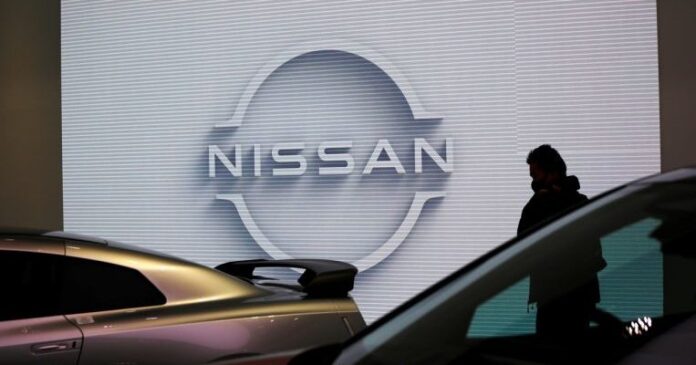Nissan is reportedly evaluating the closure of two domestic vehicle assembly plants in Japan and multiple overseas factories, including facilities in Mexico, as part of a sweeping restructuring initiative aimed at cutting costs, sources familiar with the matter revealed on Saturday.
The automaker is considering shutting down its historic Oppama plant, which began operations in 1961, as well as the Shonan plant operated by Nissan Shatai, a company in which Nissan holds a 50% stake. These closures would leave Nissan with only three operational vehicle assembly plants in Japan, the sources added.
Internationally, Nissan is exploring the possibility of halting production at facilities in South Africa, India, and Argentina, in addition to reducing its factory footprint in Mexico, according to one source. The Yomiuri newspaper, which first reported the potential shutdowns, said two factories in Mexico are under review.
This potential downsizing follows Nissan’s announcement earlier this week of a major cost-cutting strategy, which includes reducing its global production sites from 17 to 10 and trimming its workforce by approximately 15%. The restructuring reflects a significant shift under new CEO Ivan Espinosa, who is steering away from the expansion-focused approach of his predecessor, Makoto Uchida, who had previously declined to shutter domestic plants.
In response to media reports, Nissan issued a statement labeling the closure discussions as speculative, adding:
“At this time, we will not be providing further comments on this matter. We are committed to maintaining transparency with our stakeholders and will communicate any relevant updates as necessary.”
Nissan’s fiscal 2024 sales stood at 3.3 million vehicles, marking a 42% decline from its performance in the 2017 business year.
The company also noted in its Saturday statement that it had already planned to consolidate production of its Frontier and Navara pickup trucks into a single hub at the Civac plant in Mexico, effectively phasing out production in Argentina. Additionally, in March, Nissan and French alliance partner Renault announced that Renault would acquire Nissan’s stake in their joint Indian venture, Renault Nissan Automotive India Private Ltd (RNAIPL).
If carried out, the closures of Oppama and Shonan would be Nissan’s first domestic plant shutdowns since its Murayama facility closed in 2001. The company would continue operations at its Tochigi plant, Nissan Motor Kyushu, and Nissan Shatai Kyushu plants in Fukuoka prefecture, which one source said would be sufficient to meet both domestic demand and export obligations.
The Oppama plant has an annual production capacity of 240,000 vehicles and employed about 3,900 workers as of October last year. It gained significance in 2010 as the first facility to manufacture the Nissan Leaf, recognized as the world’s first mass-market electric vehicle.
The Shonan plant, which produces commercial vans, has an annual capacity of 150,000 units and a workforce of around 1,200 people.




